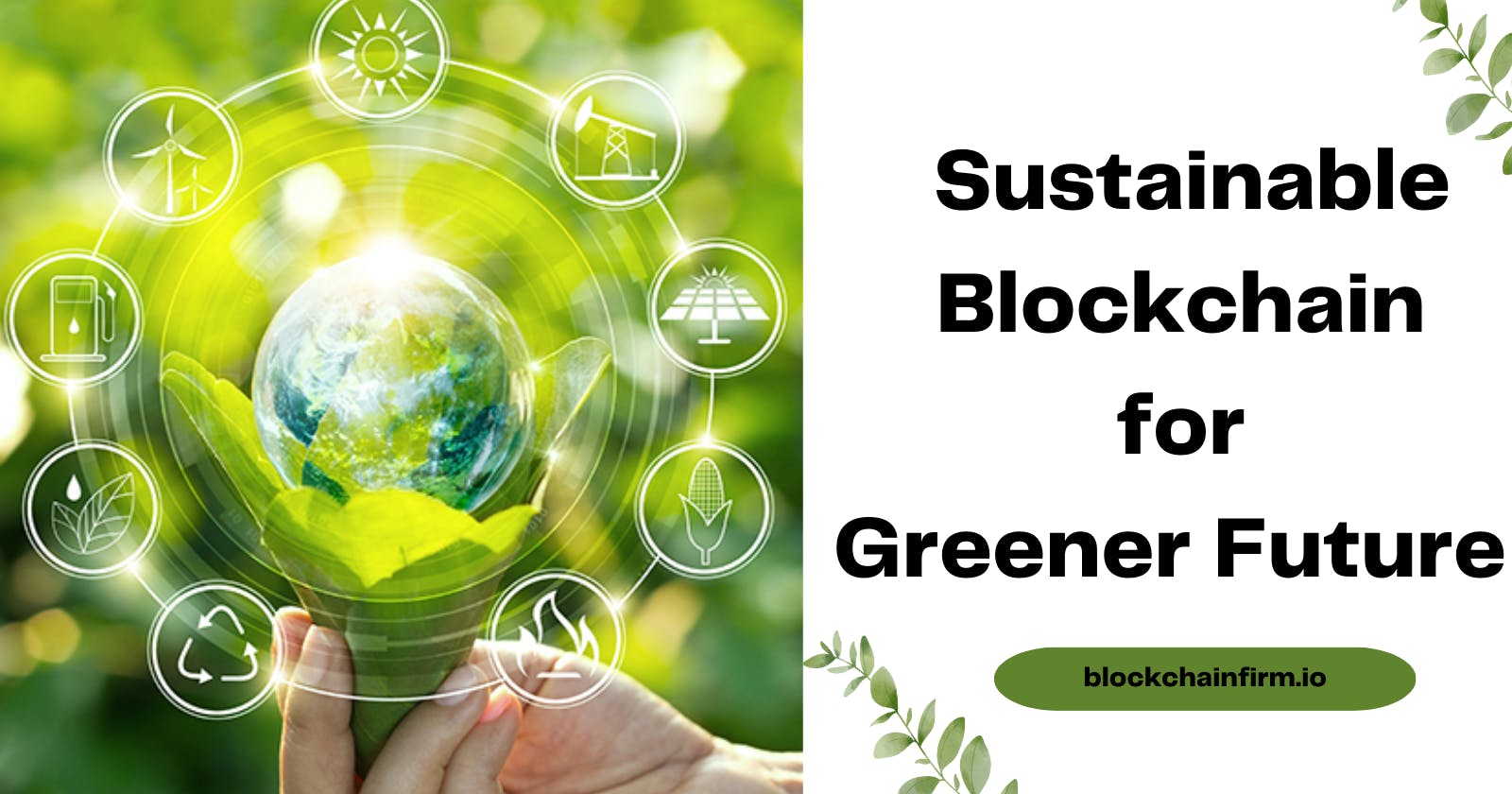Solidity Developers: Driving Sustainability Using Blockchain For A Greener Future
As blockchain enters the mainstream, it has led to some concerns over its impact on the environment. You might already know that Solidity is the leading programming language in blockchain smart contract development services. This language plays a leading role in sculpting the surface for decentralized applications and smart contracts. Over the years, solidity developers have initiated adopting sustainable blockchain solutions. In this blog, we will discuss how professional solidity developers play their part in creating a greener future by adopting energy-saving consensus algorithms and practices.
Shifting From PoW To PoS Consensus Mechanism
Traditional blockchains like Bitcoin use the Proof Of Work (PoW) consensus mechanism, which requires high-powered computers of miners to solve complex mathematical problems. This consumes an immense amount of energy, raising questions about its sustainability and long-term environmental impact. So, developers are switching to other energy-efficient models like Proof Of Stake (PoS).
Last year, PoS was integrated into the Ethereum 2.0 upgrade, significantly lowering environmental concerns. Solidity developers are at the forefront of this transition from PoW to PoS, encouraging more sustainable blockchain development solutions.
Layer 2 Blockchain Scaling Solutions
Due to the widespread adoption of blockchain, the demand for greater transaction throughput and lower fees becomes crucial. Yet, increasing the ability of blockchain networks will always impact decentralization and security. In such cases, Layer 2 scaling solutions help streamline transactions, resulting in fast and efficient blockchain processes.
Solidity developers are working on integrating blockchain Layer 2 scaling solutions, such as Bitcoin’s Lightning Network and Ethereum’s Optimistic Rollups. These layers not only improve the performance of blockchain networks but also helps attain a greener ecosystem with less energy consumption and carbon footprint.
Considering Green Blockchain Initiatives
Solidity developers are involved in developing decentralized applications to defy climate change and environmental imbalances. With carbon offset tokens and decentralized carbon markets, solidity developers offer various facilities like live tracking, trading, and administration of carbon credit tokens on the blockchain. Hiring qualified solidity developers with prior experience will vastly increase your DApp's eco-friendliness, helping businesses contribute to environmental restoration.
Another blockchain application is in the renewable energy industry, where solidity developers can build decentralized platforms for trading renewable energy certificates (REC) and P2P transactions. These platforms seek to incentivize the utilization of clean energy by streamlining the processes such as purchasing, selling, and trading renewable energy assets. This also helps reduce the environmental CO2 footprint.
Businesses often try to stay ahead of their competitors, and if you are someone like that, then you should consider investing in sustainable blockchain initiatives.
How To Choose The Best Developers To Create Sustainable Blockchain?
You can find out the best solidity developer from the market using several considerations given below.
Knowing their technical expertise and eco-consciousness
Ensuring whether they align with your organization’s sustainability goals
Solidity developers are paving the way for sustainable development in the best way possible by embracing energy-efficient consensus mechanisms, integrating Layer 2 scaling solutions, adjusting smart contract performance, and leveraging green blockchain applications. You will need the help of a smart contract development company to take your first step toward a sustainable future for the blockchain industry.
